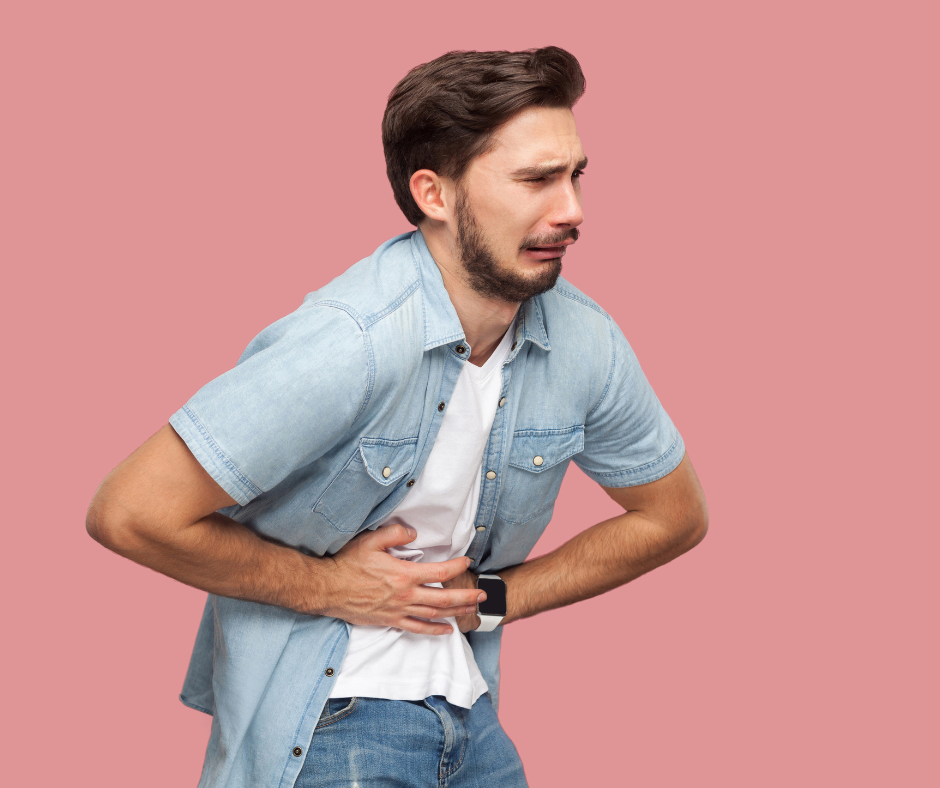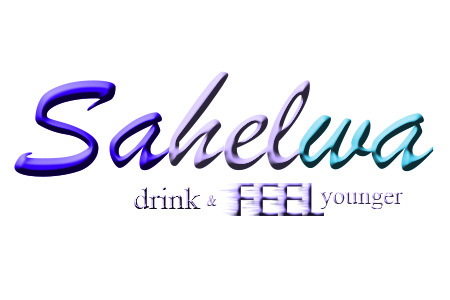Beautiful Plants For Your Interior

In today’s fast-paced world, energy drinks have become the go-to solution for fatigue, lack of focus, and sleep deprivation. With flashy marketing promising power, stamina, and enhanced performance, millions of people—including teenagers, working adults, and even athletes—consume these beverages daily.
But what if this “energy” is silently eroding your stomach lining?
What if your constant bloating, burning sensation, and acid reflux are not just random health hiccups, but a direct result of these canned stimulants?
The Bitter Truth Behind the Buzz
Energy drinks are not just about caffeine. They’re a potent cocktail of high sugar content, carbonated water, acidic additives, synthetic vitamins, taurine, guarana, and artificial flavorings. Each of these ingredients has the potential to aggravate the stomach’s sensitive environment.
How They Trigger Gastritis
Gastritis is the inflammation of the stomach lining. When you consume energy drinks frequently:
Caffeine increases gastric acid secretion, which can erode the stomach lining over time.
High acidity from citric acid and carbonation irritates the mucosal lining.
Sugar and artificial sweeteners further increase acidity and create imbalances in the gut.
Taurine and other stimulants can impact the nervous system, leading to stress-induced gastritis.
What starts as minor discomfort can evolve into chronic gastritis, ulcers, or even lead to bleeding if left untreated.
Not Just a Health Risk—A Lifestyle Red Flag
This isn’t just about your stomach.
That daily can of energy might be the reason you feel bloated, nauseous, or overly full.
The chronic tiredness you’re trying to escape might actually be a rebound effect from stimulant overuse.
You’re not powering up; you’re running on borrowed time and compromised health.
We’ve normalized dependence on these drinks so much that we ignore the alarming rise in digestive issues, especially among youth. Schools, workplaces, and even gyms stock energy drinks like essentials—without warning labels on the dangers.
Who’s at Risk?
Anyone can be affected, but the most vulnerable are:
Teens and young adults who consume energy drinks while skipping meals
Athletes who drink them before or after workouts
Students who stay up late and depend on stimulants
Working professionals who are under constant stress and exhaustion
Gastritis doesn’t wait for the “right time” to show up. It can come quietly—masked as heartburn, slight nausea, or a little burp here and there—until it explodes into something serious.
What You Can Do—Before It’s Too Late
This is your wake-up call. This is your moment to act.
Start by limiting your energy drink intake. Better yet, stop altogether.
Hydrate with water, herbal teas, and natural fruit-infused drinks.
Eat regular meals to protect your stomach lining from excessive acid.
Switch to natural energy boosters like a good night’s sleep, exercise, or adaptogenic herbs.
If you’re already experiencing symptoms like burning pain, nausea, or bloating, consult a gastroenterologist immediately.
Your body is talking to you. Stop silencing it with caffeine and sugar bombs.
This Isn’t Just About You
As parents, educators, leaders, and individuals—we need to change the conversation around energy drinks.
We need to stop glorifying these chemical cocktails and start advocating for real health, real energy, and real awareness.
The next time you reach for that shiny can, ask yourself:
“Is this energy worth the price of my health?”
